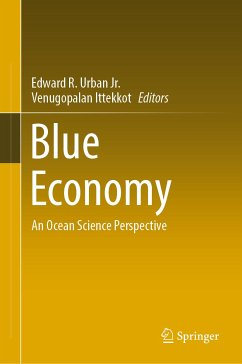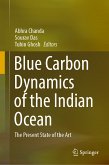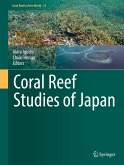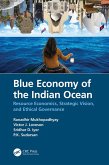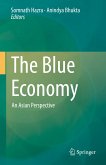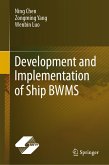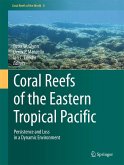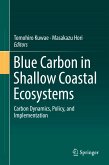The ocean is a major source of income for many coastal nations, particularly in the developing world. Economic benefits from the ocean in the long-term depend on its wise science and technology-based management. The intersection of science, technology, and economy are most obvious in nations' coastal zones. This book highlights the need for the application of ocean science and technology for best economic outcomes. It gives examples of ocean resources and the threats to them from climate change and other human interventions, as well as provides information on the available ocean research and observation tools to monitor their impact as well as on the related internationally available opportunities for capacity development.
Dieser Download kann aus rechtlichen Gründen nur mit Rechnungsadresse in A, B, BG, CY, CZ, D, DK, EW, E, FIN, F, GR, HR, H, IRL, I, LT, L, LR, M, NL, PL, P, R, S, SLO, SK ausgeliefert werden.

